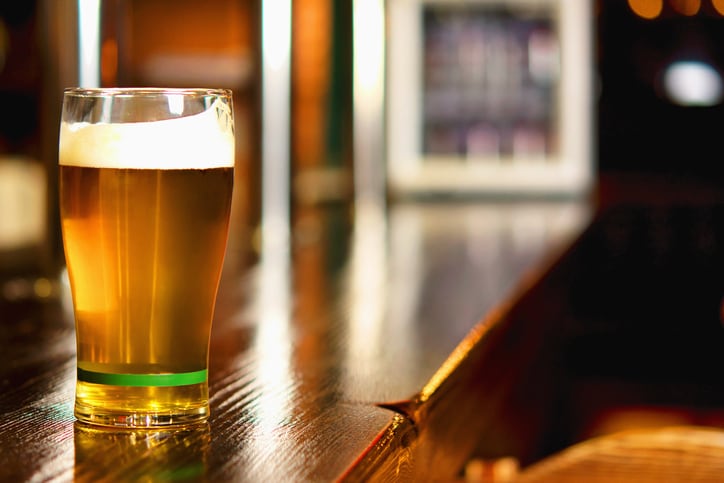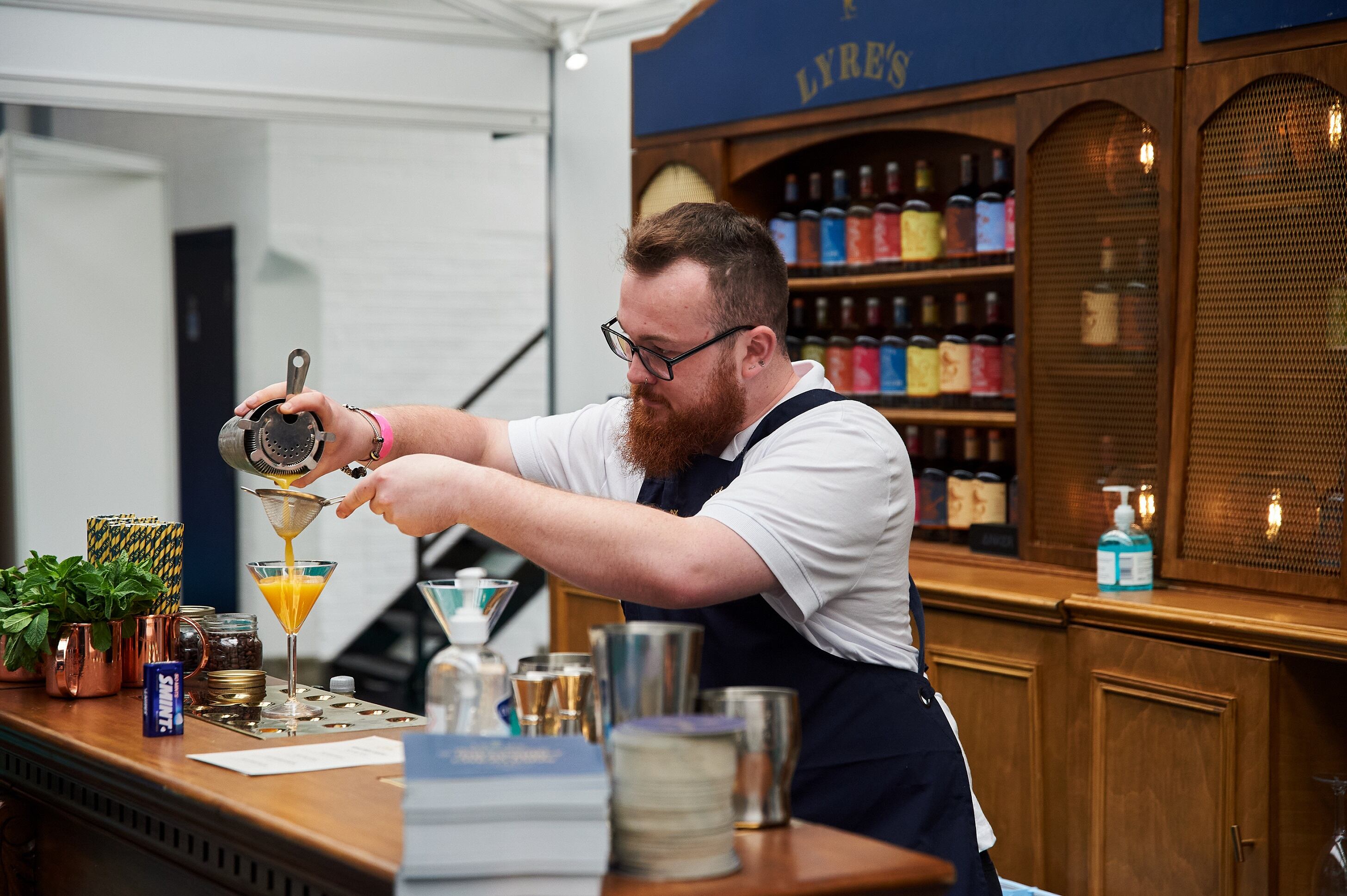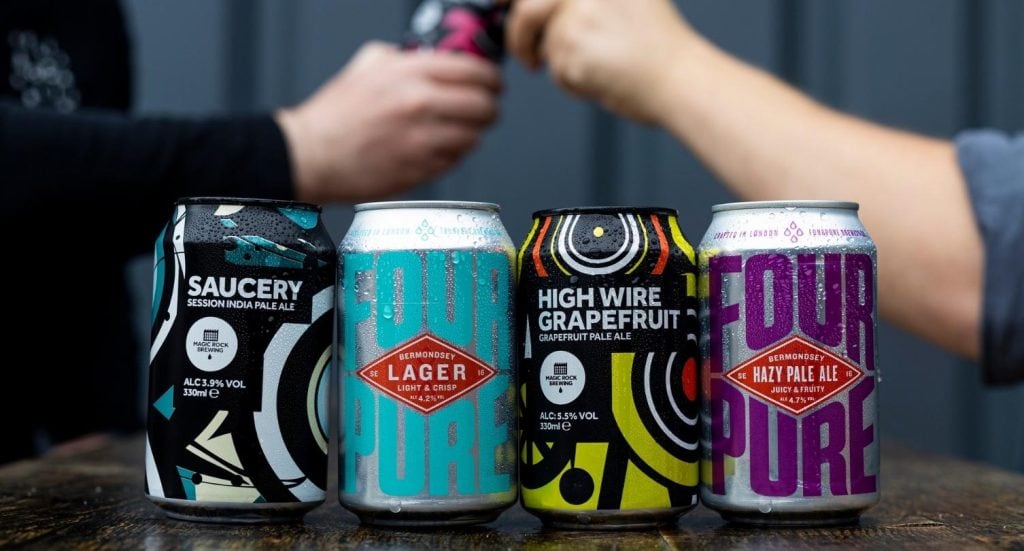It’s one of the big changes to impact the UK craft beer scene over the last twenty years: alongside the introduction of Small Breweries Relief in 2002, according to a new report from the Society of Independent Brewers (SIBA).
The organization has published a report to mark the 20th anniversary of Small Breweries Relief: looking at how the government relief has defined the category to date; how the category has been changed by the pandemic; and also how it could change in the future.
"The two decades since the introduction of Small Breweries Relief have arguably been the wildest ride the UK’s beer sector has ever been on, culminating in the spin cycle of the pandemic from which we are only now drawing breath," notes the report.
"What is clear, however, is that while Small Breweries Relief spawned a thriving and expanding independent beer industry, the pandemic has pushed through the much needed change and evolution that should see those independent brewers who have weathered the storm better set up for success in the future."
Speeding up trends
Today there are around 1,895 independent breweries in the UK, creating an estimated 10,988 direct jobs, according to the society.
And like craft brewers worldwide, these were hard hit by the pandemic. Volumes declined 40% in 2020, recovering to -16% in 2021 (still significantly down on 2019).
But it’s the way they have emerged out the other side is what’s particularly interesting, according to SIBA. Out of its members, 33% launched a webshop during the pandemic.
“While the negative effects of the pandemic are undeniable – SIBA members saw production slashed by 40% in the initial stages of the outbreak in 2020 - what is fascinating is how the catastrophic events of the past two years have actually served to speed up trends within the market that were set in motion all those years ago by the introduction of SBR. And in fact, this could be viewed as much needed change, which for those brewers who survive and thrive, could mean a brighter future awaits,” said Caroline Nodder, author of the annual SIBA craft beer report.
“In fact, a decade’s worth of change happened in the space of barely 18 months in many cases, most notably with independent brewers dramatically expanding routes to market through online webshops, taprooms and the independent off-trade. These are all higher margin routes than sales through third-party owned pubs, and are likely to become a permanent additional string to independent brewers’ bows. This diversification of the channels brewers can use to reach the end consumer was a cornerstone of the vision SIBA had back in the ‘80s, and only now it seems this is finally becoming a reality.”
Another key vision in the 1980s - driven by fledgling independent brewers who wanted to compete against the larger brewers and improve their market access - was what the government introduced in 2002 as Small Breweries Relief. The report marks the 20th anniversary of the relief, which SIBA credits for the a boom in small breweries and a huge increase in the number of different beer styles being brewed.
SIBA lobbied for the policy, which allows small breweries to pay a lower rate of duty on the beer brewed in order to be able to compete with national and global beer producers (implemented on a sliding scale according to the size of the brewery).
“It is clear that SBR has transformed the beer industry over the last 20 years. We now have a small independent brewery in nearly every constituency, supporting thousands of jobs at the heart of our community,” said Roy Allkin, chairman of SIBA.
Analysing which beer styles are being brewed by small independent breweries the report also shows the surprising rise of craft lager, with it seeing a meteoric rise over the last twenty years. On the flipside it’s Mild and Brown Bitters that have fallen out of favour with brewers, seeing a steep decline in production in recent years as more breweries begin producing keg beer as opposed to traditional cask.
“The growth in the number of breweries in the UK market has led to more experimentation and a quest to create new and more interesting beers. For the first time, in this year’s SIBA members’ survey the most produced style of beer was not that old favourite golden bitter, but rather stout/porter. And where in the past 90% of brewers have produced a bitter, our latest survey shows a much more even spread over a whole range of different styles, including some new ones such as no and low alcohol and gluten free styles," said Nodder.
And again, this trend has been accelerated by the pandemic, which left consumers stuck at home and unable to travel and thus craving new experiences, new tastes and new flavours – all which can be found in abundance in the craft beer category.
Small Breweries' Relief to become Small Producer Relief
Under changes announced last year Small Breweries’ Relief will be replaced by a new ‘Small Producer Relief’ which will, alongside beer, include other drinks from small producers such as cider. The changes are due to come in from August 2023, but SIBA has raised concerns over various elements of the new system, including what it considers an unfair advantage given to cider.
“Massive amounts of thinking has gone into restructuring the whole alcohol duty regime, simplifying it and ‘making the basis of alcohol taxation more economically rational, with fewer distortions and arbitrary distinctions’, yet the massive cider producers will continue to pay half the alcohol duty that brewers do, and now the distortion is in plain sight, glaringly obvious," Eddie Gadd, MD of Ramsgate Brewery and long-time campaigner for small brewers.




